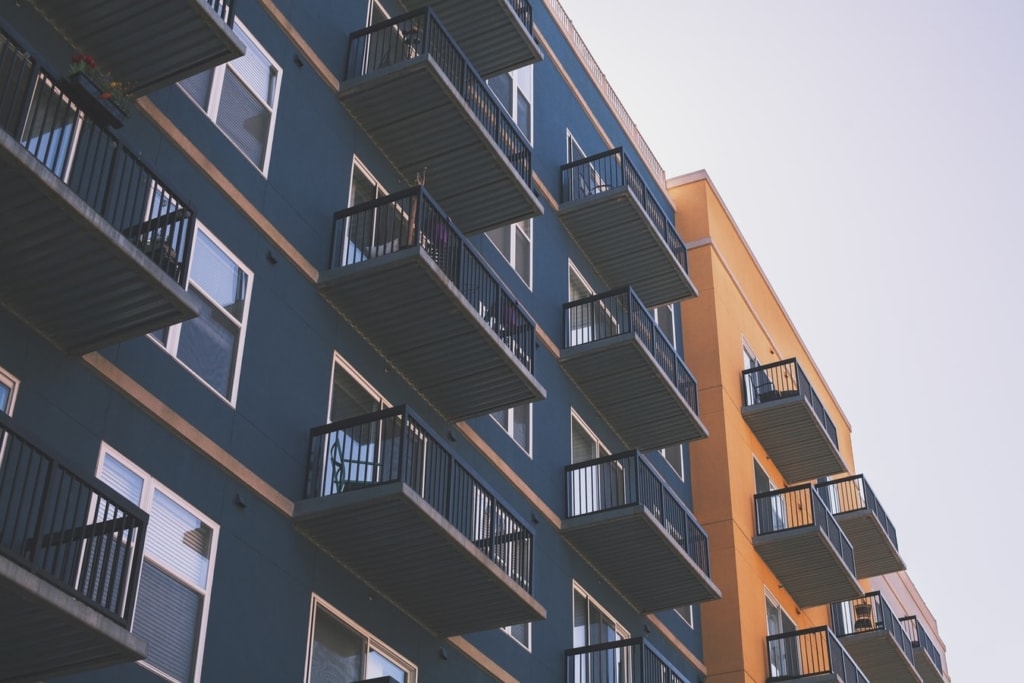What should I do if I can’t pay my rent?
If you’re a tenant and worried about not being able to make your rent payments over the next few months, or you’re not sure what help is available, read on for our Q&A on some of the most common questions we’ve been asked.
Can I just stop paying my rent?
The government has said that you should continue to pay your rent as usual, and if you’re unable to you should speak to your letting agent or landlord as soon as possible.
The rent that you agreed in your tenancy agreement remains binding and you should talk to your landlord if you don’t think you’ll be able to pay.
What can I do if I can’t pay my rent?
The government has said that it’s important landlords offer support and understanding to tenants who may start to see their income fluctuate. There is no specific plan that a landlord needs to agree to, so it’s important that you speak with your letting agent or landlord and explain your situation as soon as you can.
The government has suggested the following that a landlord and tenant could try and reach an agreement on if you cannot pay your rent right now:
- A temporary agreement that says the landlord will not seek possession of the home for a period of time and instead they will accept a lower amount of rent or agree that the tenant will pay off the outstanding rent at a later date
It’s likely you will need to show some form of proof of the reduction in your income due to the coronavirus outbreak.
If you’re still worried about being unable to pay your rent and you aren’t able to come to an agreement with your landlord, you can speak to Citizens Advice and The Money Advice Service.
Does my landlord still need to pay his mortgage on the property if they agree to let me pay rent at a later date?
You may have heard that mortgage lenders have agreed to offer payment holidays for a set period of time if this is needed by a homeowner due to Coronavirus-related hardship.
This was extended to include a mortgage a landlord would have (known as a buy-to-let mortgage) if a tenant is unable to pay their rent in full. Bear in mind a landlord may own your home outright and if so they will not have a mortgage.
It’s important to know that each lender has different criteria for offering a payment holiday on a mortgage, so it’s not guaranteed. Also the mortgage payment owed remains, and mortgages continue to accrue interest during this period. This means that your landlord will have to pay it back eventually, it’s not a discount on mortgage payments.
READ MORE: What does a mortgage holiday mean?
Can my landlord ask me to leave my home?
The government has brought in emergency legislation, under the Coronavius Act 2020, to try and help protect tenants from being evicted from their homes.
This legislation covers the following tenancy agreements. It should say what kind of tenancy agreement you have on the front page of your agreement:
- assured tenancy
- assured shorthold tenancy
- protected tenancy
- secure tenancy
- flexible tenancy
- demoted tenancy
- introductory tenancy
The new law, brought in from March 26th, protects most social and private tenants. It has put in place the following measures until 30th September 2020:
- If a landlord needs to issue a notice seeking possession of the home they must give at least a three month notice period to the tenant
- When the three month notice comes to an end, a landlord cannot force a tenant to leave their home without a court order
- From 27th March, any claims that are in the government’s system, or that are about to go into the system, will be affected by a 90 days suspension of possession hearings and orders
The government has strongly advised landlords not to commence or continue eviction proceedings during this challenging time without a very good reason to do so.
Government guidance also states that if a tenant has difficulty paying rent over this period, landlords are asked not to issue an eviction notice, particularly given that the tenant may be sick or facing other hardship due to the coronavirus.
This guidance is for residents in England and Wales. In Scotland, there is a slightly different law introduced, and you can find out more here
Can a landlord evict me if they had already started proceedings?
On 27th March 2020, eviction proceedings were suspended for 90 days, so proceedings cannot restart until late June. Therefore, if your landlord has gone to court to evict you, you won’t have to leave your home yet. But again, the government strongly advises landlords not to commence or continue eviction proceedings during this challenging time without a very good reason to do so.
For landlords, this means not expecting tenants to move out even if you’ve already been issued notice by your landlord of their intention to regain possession of the property, or if they go on to issue notice for any reason during the time this legislation is in place.
READ MORE: Can I let tradespeople into my home during lockdown?
What other help is there?
The government has pledged some other ways to help renters, such as planning to use the existing benefits system to ensure that tenants are able to pay their rent, via Universal Credit and housing benefit. They’ve also made £500 million available to fund households experiencing financial hardship.
You can find out more about this additional help and if you may be eligible, plus further details on everything else in our Q&A by visiting the government’s website.
We also hosted a live talk for renters where we discussed the latest advice.



